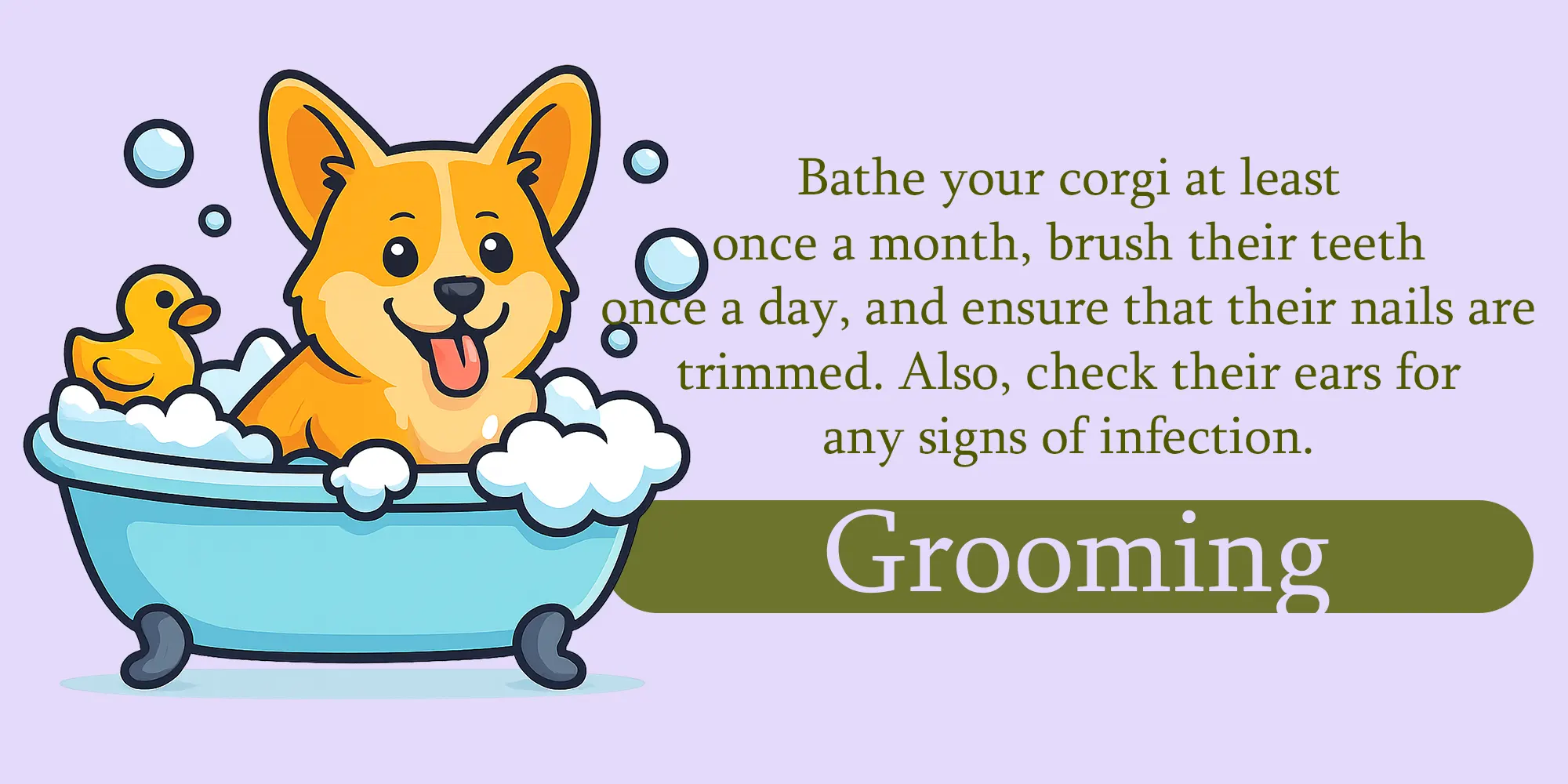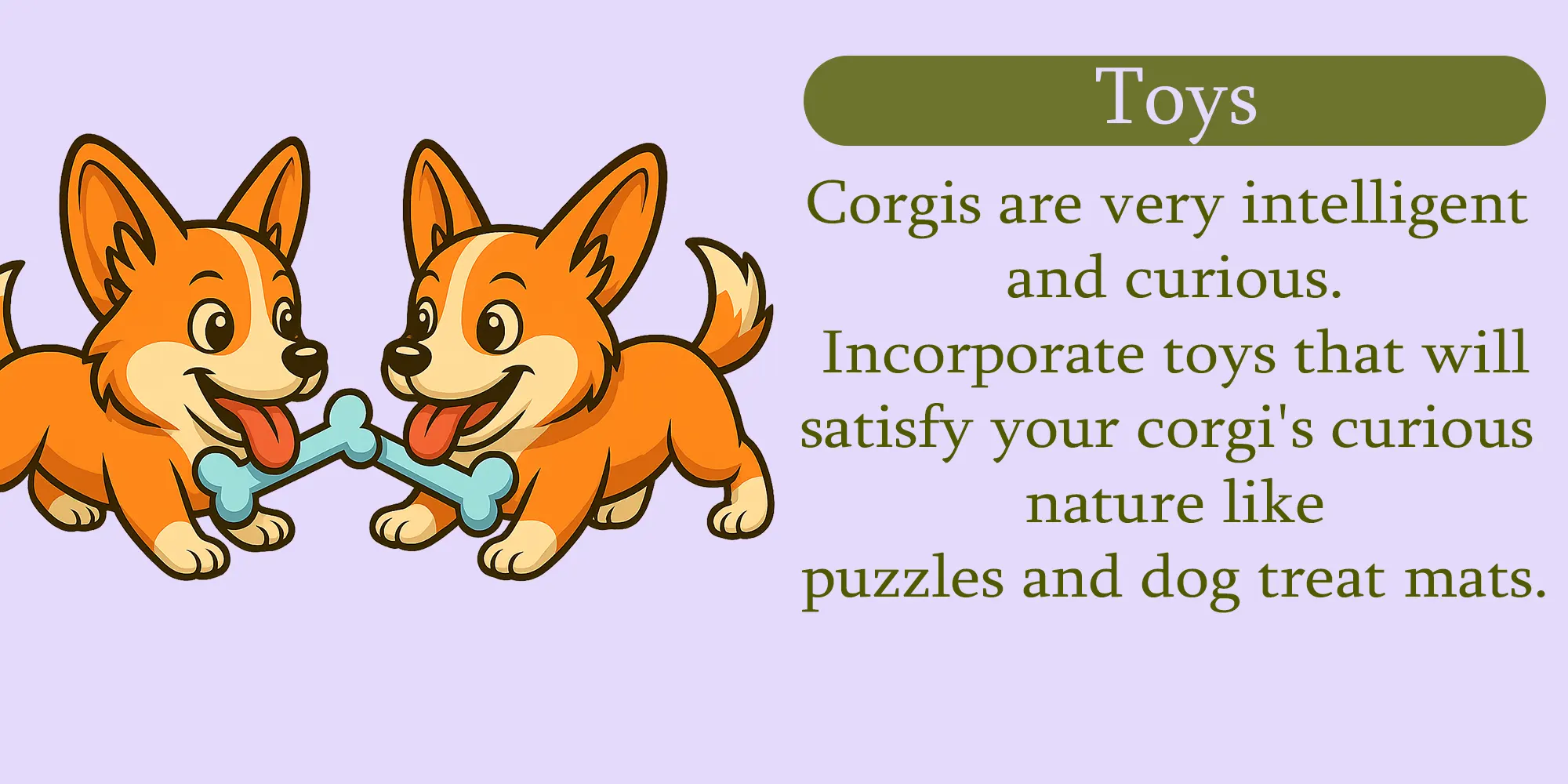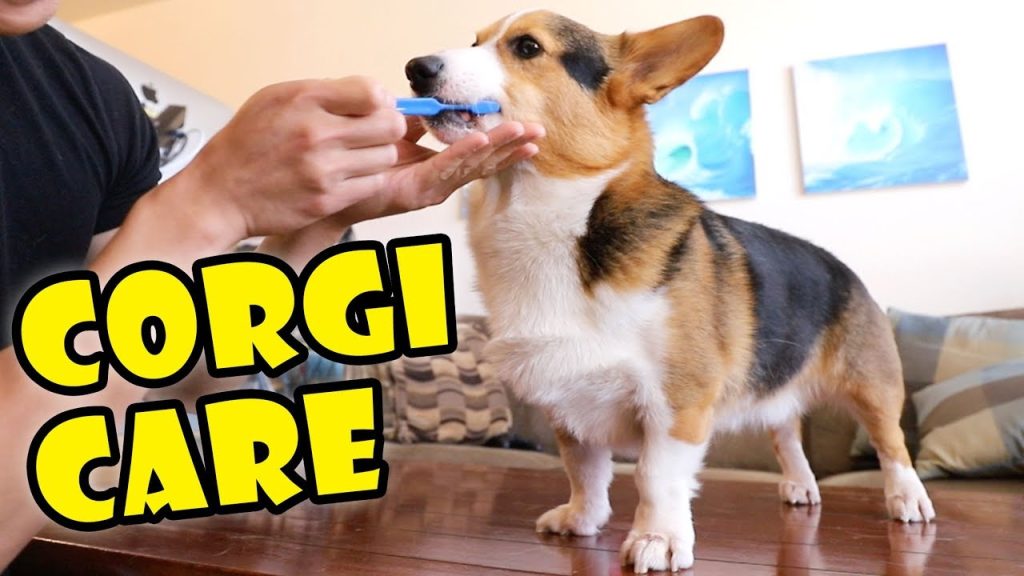🐶 Introduction
Corgis are one of the most popular dog breeds in North America and Europe, known for their adorable appearance, energetic personality, and high intelligence. However, owning a Corgi means more than just loving their short legs and fluffy butts. These active dogs require proper care, a balanced diet, regular exercise, and consistent training to stay happy and healthy.
If you’re considering adopting a Corgi or you’re a new owner, this A-Z guide will help you give your fluffy companion the best care possible.
🐾 Understanding the Corgi Breed
Origins and Characteristics
There are two main types: Pembroke Welsh Corgi and Cardigan Welsh Corgi. Originally bred as herding dogs in Wales, Corgis are known for their long bodies, short legs, and thick double coat.
They are highly intelligent, affectionate, but can be stubborn—making early training and socialization essential.
Are Corgis Suitable for North America and Europe?
Corgis adapt well to climates in the US, Canada, the UK, France, and Germany. Their thick coat provides warmth during winter but can cause overheating in hot summers. Proper cooling is crucial.
🍖 Ideal Diet for a Healthy Corgi
What Should a Corgi Eat?
- Protein: lean meats (chicken, beef, salmon), eggs, organ meats (liver, heart)
- Healthy fats: fish oil, olive oil
- Carbohydrates: sweet potatoes, brown rice, oats
- Fruits & Vegetables: carrots, pumpkin, spinach, apples, blueberries, bananas
Avoid grapes, onions, chocolate – they are toxic!

Feeding Schedule:
- Puppies (2–6 months): 3–4 small meals/day
- Adults: 2 meals/day
- Seniors (6+ years): lower calories, increase fiber
- Always provide clean, fresh water—especially in warm weather+

🧼 Grooming and Hygiene
Maintaining a Beautiful Corgi Coat:
- Brush 2–3 times per week to avoid matting and control shedding
- Bathe every 4–6 weeks with gentle dog shampoo
- Use a pet hair vacuum to keep your home clean

Ears, Eyes, and Nails:
- Clean ears weekly to prevent infections
- Wipe eyes with a damp cloth
- Trim nails every 3–4 weeks
🏃♂️ Exercise & Physical Activity
Ideal Activities:
- Daily walks (30–45 minutes)
- Play fetch, tug-of-war, or basic agility training
- Limit jumping and stairs to protect their backs
🧠 Training and Behavior
How to Train a Corgi Effectively:
- Start at 2–3 months with basic commands (sit, stay, come)
- Use positive reinforcement (treats and praise)
- Avoid harsh punishment—it causes anxiety

Common Behavior Issues:
- Chewing → Provide chew toys and remove valuables
- Excessive barking → Teach the “quiet” command
- Separation anxiety → Gradually build up time alone
🩺 Health Care & Vet Visits
Essential Vaccinations:
- 6–8 weeks: First shots (Parvo, Distemper…)
- 12–16 weeks: Rabies shot
- Annually: Booster shots and checkups
Common Corgi Health Issues:
- Obesity: Monitor food intake and activity
- Hip Dysplasia: Watch for limping or stiffness
- IVDD: Avoid jumping and provide proper back support
🌞 Creating a Happy Corgi Life
Mental Stimulation:
- Introduce to people, dogs, and new environments
- Use interactive toys and puzzle feeders
- Join training or agility classes

Seasonal Tips:
- Winter: Limit time outside in snow/ice
- Summer: Avoid midday walks, ensure water and shade
🎯 Conclusion
Caring for a Corgi takes patience, time, and love. With proper nutrition, structured training, and daily activity, your Corgi will become a loyal, intelligent, and delightful companion.
👉 Are you ready to welcome a Corgi into your family? Start with love and proper care today! See More!
Training and Behavior Management
How to Train a Corgi Effectively
Corgis are highly intelligent but can be stubborn, so they require structured training with consistency:
- Teach basic commands (sit, stay, come) starting at 2-3 months old
- Use positive reinforcement (treats and praise) to encourage good behavior
- Avoid harsh discipline, as it can make them anxious or rebellious
Common Behavioral Issues & Solutions
- Chewing on furniture → Provide chew toys and keep valuables out of reach
- Excessive barking → Train the “quiet” command and ignore attention-seeking barking
- Separation anxiety → Help them adjust by gradually increasing time spent alone
Health Care & Veterinary Checkups
Regular vet visits and preventive care are essential for Corgis to stay healthy and live long lives.
Essential Vaccinations & Medical Care
- 6-8 weeks old: First vaccinations (Parvovirus, Distemper, Leptospirosis)
- 12-16 weeks old: Rabies vaccination
- Annually: Booster shots and general health checkups
Common Corgi Health Issues
- Obesity: Monitor their diet and avoid overfeeding
- Hip Dysplasia: Look out for signs of limping or stiffness
- IVDD (Spinal Issues): Avoid excessive jumping and ensure they have proper support while resting
Regular vet checkups, a balanced diet, and sufficient exercise can help prevent many health problems.

Creating a Happy and Balanced Life for Your Corgi
Mental Stimulation & Socialization
Corgis are social dogs that thrive on human interaction. To keep them mentally stimulated:
- Introduce them to new people, pets, and environments
- Provide interactive toys and puzzle feeders
- Enroll in dog training classes or agility courses
Seasonal Care Tips
- Cold weather: Their thick coats keep them warm, but avoid extended exposure to icy conditions
- Hot weather: Provide shade, fresh water, and avoid midday walks to prevent overheating
Conclusion
Taking care of a Corgi requires dedication, patience, and an active lifestyle. From maintaining a proper diet and grooming routine to ensuring regular exercise and socialization, these energetic little dogs need love and care to thrive. With the right training and attention, your Corgi will reward you with endless loyalty, laughter, and affection.
Are you ready to embark on this exciting journey of Corgi ownership? If you follow these essential care tips, your fluffy companion will live a long, happy, and healthy life! 🐶💖

